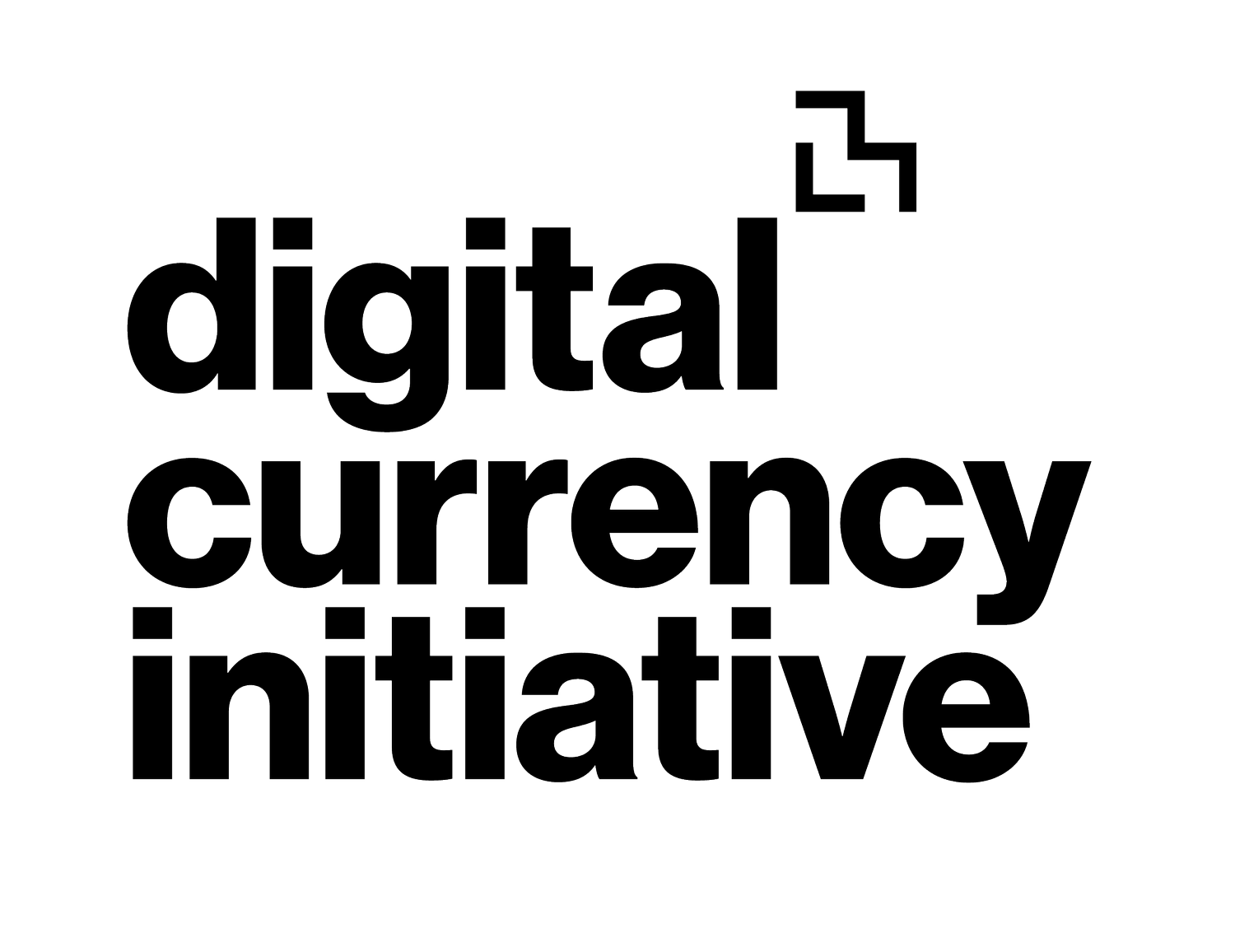Knowledge @ Wharton's 'How a New Technology Can Disrupt the Global Supply Chain'
Nov 26, 2018 published knowledge @ Wharton. University of Pennsylvania
An interdisciplinary team from MIT, Wharton and Boston College has created a new blockchain-based system that has the potential to disrupt the global supply chain. Called ‘b_verify,’ the system is designed to help small and medium-size enterprises — especially those in developing nations — get financing from lenders at potentially better terms while mitigating warehouse deposit fraud. The system brings greater transparency to a key part of the supply chain, which can have a big impact on global trade financing. B_verify introduces a series of blockchain technology innovations tailored to facilitate supply chain finance and operations management.
“The potential benefits are vast and global in scale,” said Gerry Tsoukalas, Wharton professor of operations, information and decisions, who was part of the team. Small and medium-size enterprises, he said, represent the backbone of many economies in the world, and they account for more than half of the jobs as well as a third of global GDP. But despite their scope and impact, these companies have a harder time getting financing than larger established firms. He said the World Bank estimates their global financing shortfall to be $2.6 trillion.
Small and medium-sized firms also find it difficult to get financing on terms as favorable as the ones big companies get because they usually lack the latter’s track record and reputation. Banks typically would charge higher interest rates or put more restrictions on loans to smaller enterprises because they are less certain of repayment. Add to the mix the propensity for fraud, especially in the developing world, and smaller firms get the worse end of the proverbial stick. “Obtaining loans at reasonable rates can be very challenging for small firms,” Tsoukalas said.
Enter b_verify. “The use of blockchain platforms [like b_verify] has the potential to redefine global supply chain operations by democratizing operational transparency,” said Nikolaos Trichakis, MIT professor of operations management, who was part of the team. The team, which includes computer scientists Henry Aspegren (MIT and Tsinghua University) and Mark Weber (IBM and MIT), worked with the Mexican government and Ukrainian entrepreneurs, and even conducted field visits, on the road to inventing a new system that incorporated elements of both public and private blockchains. Importantly, b_verify can be accessed inexpensively through smartphones and tablets without the need of advanced technologies. The creators also are giving away the open-source software for free.
